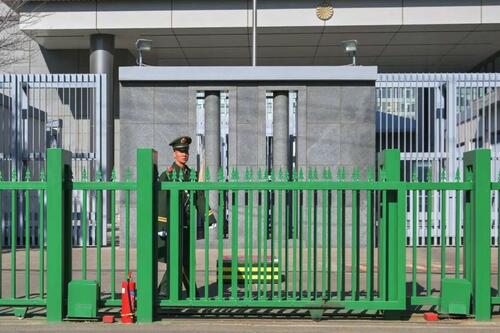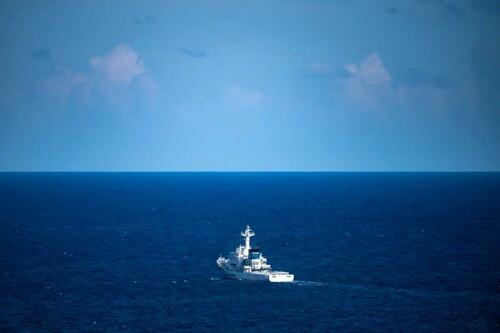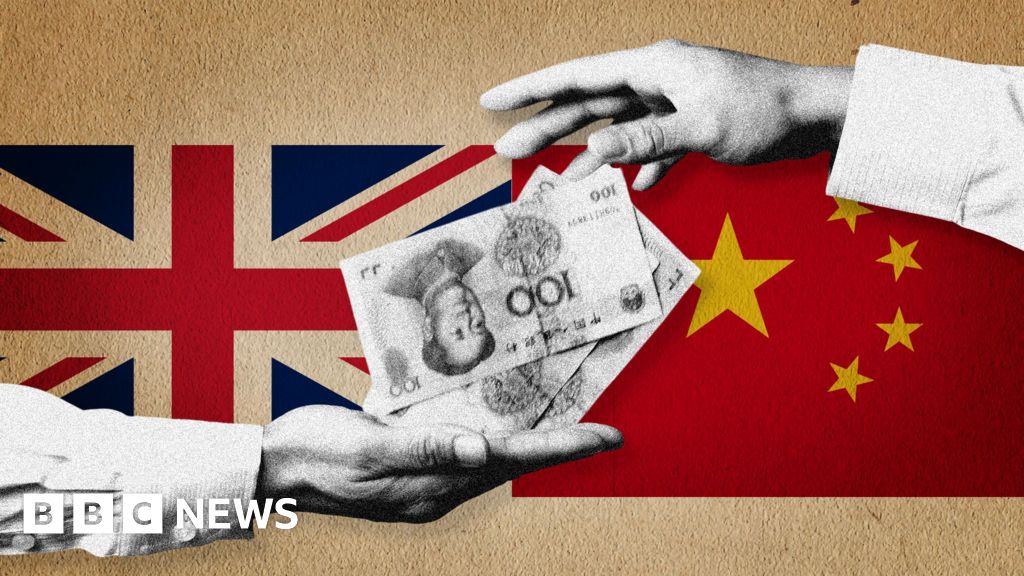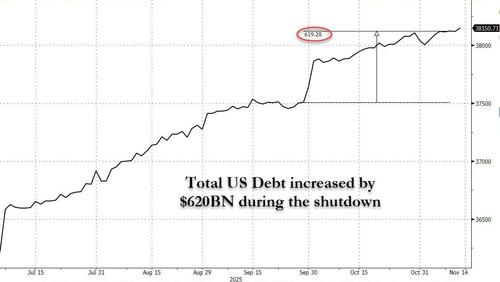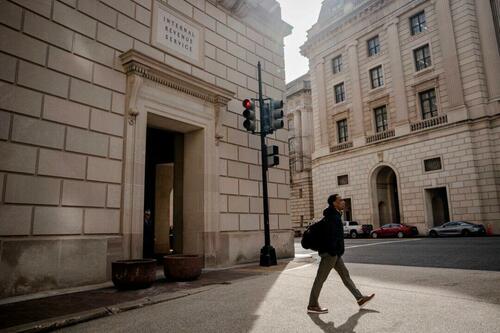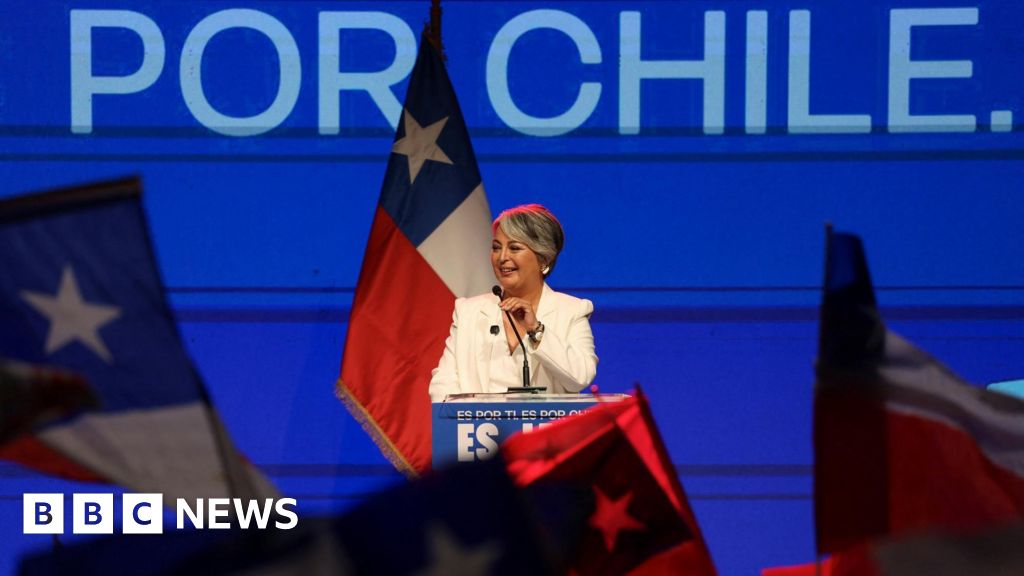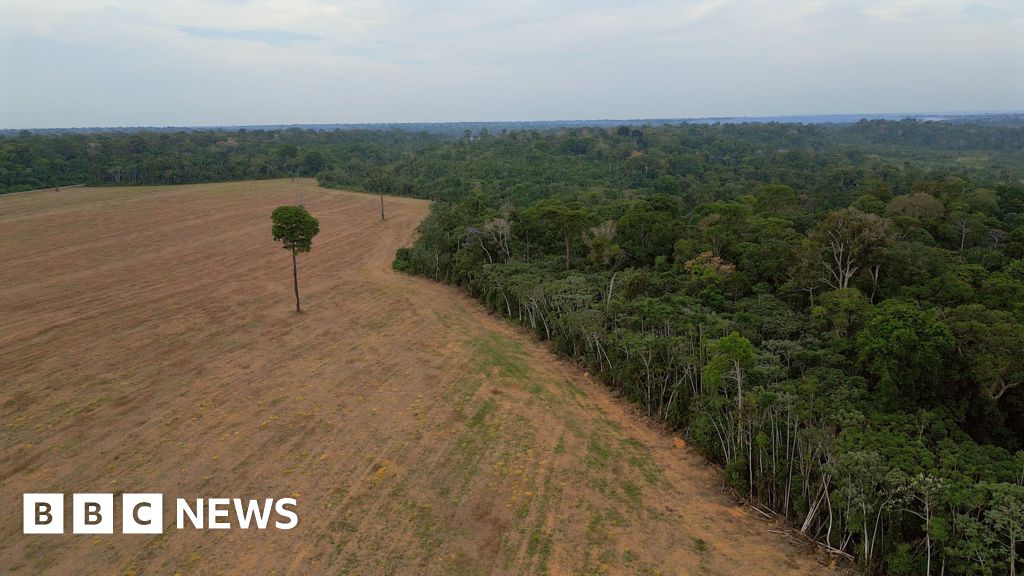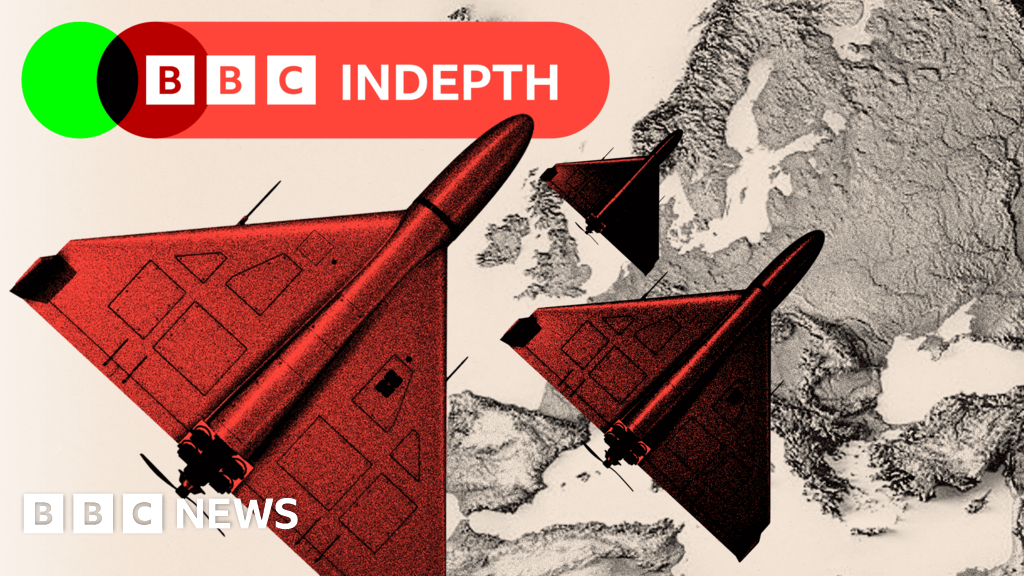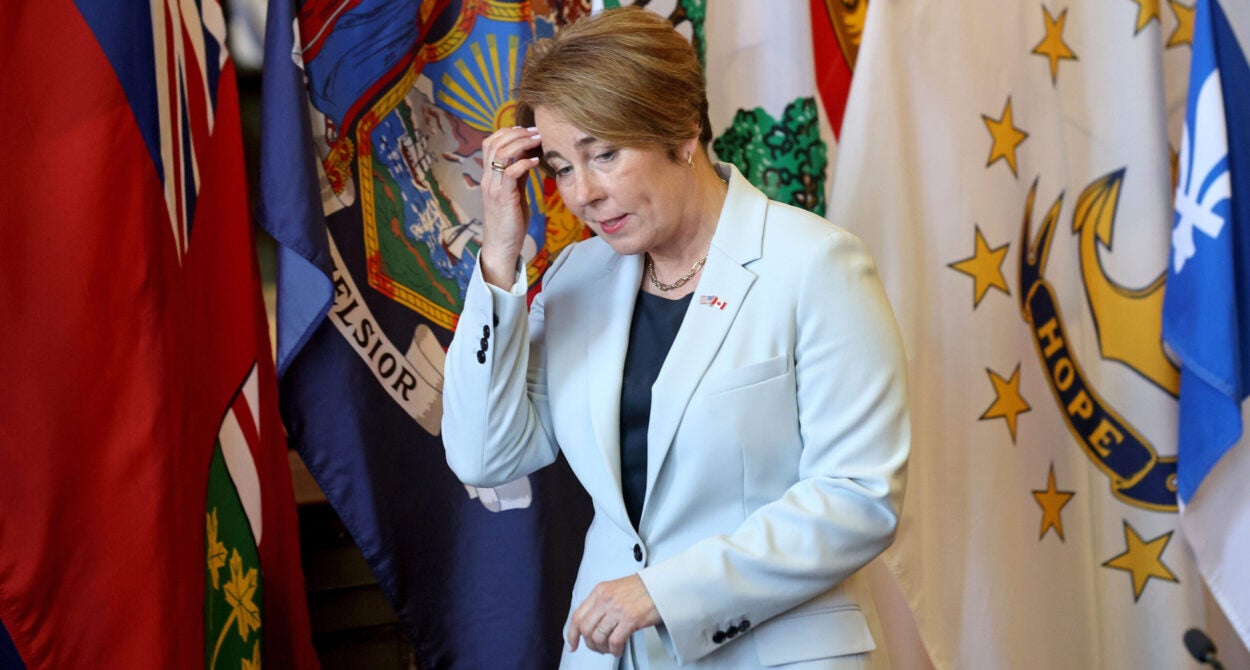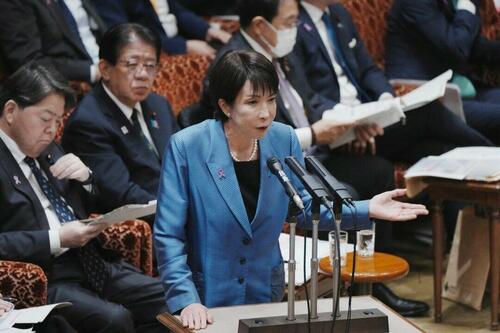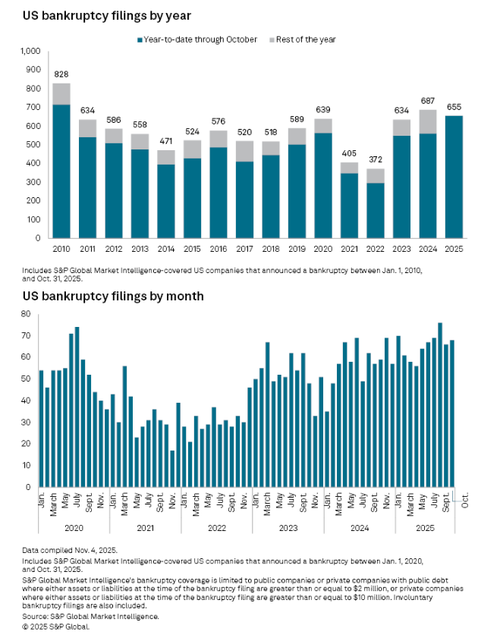Japan Summons Chinese Ambassador Over Online Threats Against Prime Minister
Authored by Dorothy Li via The Epoch Times (emphasis ours),
Japan has demanded action from Beijing over violent threats made by a Chinese envoy against Japanese Prime Minister Sanae Takaichi as the Chinese regime ramps up pressure and threats against Tokyo.
Japan’s foreign ministry said on Nov. 14 that it summoned China’s ambassador to lodge strong protests regarding the “highly inappropriate” statements by Consul General Xue Jian of the Chinese Consulate General in Osaka, the largest metropolis in western Japan.
On Nov. 8, Xue shared a local media report about Takaichi’s claim that a Taiwan conflict involving the use of force would likely constitute “a survival-threatening situation” for Japan, a classification that could compel Tokyo to mobilize its military to intervene.
“The dirty neck that sticks itself in must be cut off,” Xue wrote in Japanese in a now-deleted post on X, according to a screenshot shared by U.S. Ambassador to Japan George Glass.
In a subsequent post, the Chinese diplomat said viewing an attack on Taiwan as a threat to Tokyo is “a path of death” that some “stupid politicians in Japan would choose.”
Xue’s comments have triggered a formal protest from Tokyo. Lawmakers from the ruling and opposition parties have urged the government to expel the Chinese diplomat. On Nov. 14, the Osaka city council adopted a resolution demanding a formal apology from the Chinese authorities.
In Beijing, the communist regime has dialed up pressure on Takaichi, demanding a retraction of her Taiwan statement, which they claimed soured bilateral relations.
On Nov. 13, the regime’s vice foreign minister, Sun Weidong, called in the Japanese ambassador in China, voicing Beijing’s “strong dissatisfaction and opposition” to Takaichi’s remarks on Taiwan, the regime’s ministry said on Nov. 14.
The Chinese regime has cautioned Chinese citizens against traveling to Japan. In a notice issued late on Nov. 14, the regime’s foreign ministry and its embassy in Japan claimed that the Japanese leader’s recent remarks on Taiwan “severely damaged” the atmosphere for people-to-people exchanges and posed “significant risks” to the safety and security of its nationals.
Hours later, the three largest airlines in mainland China—Air China, China Southern, and China Eastern—said in separate notices that they will offer full refunds for flights to Japan from Nov. 15 to Dec. 31.
Takaichi defended her position on Nov. 10, saying that her initial remarks were based on the assumption of a “worst case” scenario.
“It is in line with conventional government views,” she told a parliament committee, adding that she would not retract her statements but would avoid making similar remarks in future sessions.
Japan’s Ministry of Foreign Affairs also rejected Beijing’s interpretation of Takaichi’s words, telling reporters several times this week that its official stance on Taiwan remains unchanged.
Despite the Japanese government’s clarification, China’s state media has unleashed a barrage of editorials and articles this week lambasting the Japanese prime minister for “crossing the line” with Beijing.
The latest commentary by People’s Daily, the Chinese Communist Party’s (CCP) flagship newspaper, published on Nov. 14, accused Takaichi of threatening China with military intentions over the Taiwan issue.
Taiwan
At a press conference on Nov. 14, China’s defense ministry accused Japan of meddling in its internal affairs, saying that if Tokyo tries to use forces to intervene in Taiwan, it would face a “crushing defeat” and “pay a heavy price.”
The CCP has never ruled Taiwan before but views the self-ruled democracy as part of its territory to be taken by force if necessary. Taiwan rejects such claims, with its president saying that the future of Taiwan can only be decided by its 230 million people.
To pressure Taiwan to accept communist rule, the regime has been flying warplanes near the island on a nearly daily basis and carrying out large-scale military exercises in the Taiwan Strait, heightening international concerns about a potential Chinese invasion.
Japan, with its westernmost island of Yonaguni just 110 km (68 miles) from Taiwan, is anxious that any conflict in the Taiwan Strait could spill over into its own territory. Japan also hosts more than 50,000 American troops along with advanced U.S. military aircraft.
“The peace and stability of [the] Taiwan Strait is important not only for the security of Japan but for the stability of the global community,” Japanese Foreign Minister Toshimitsu Motegi told a regular press conference via interpreter on Nov. 14.
“We truly hope that the issues regarding Taiwan will be peacefully resolved through dialogue,” he said. “And this has been the consistent and unchanging position of the government of Japan.”
On Nov. 15, the Chinese regime’s Maritime Safety Administration said a three-day live-fire drill would be held in parts of the central Yellow Sea, starting from Nov. 17.
Pointing to Beijing’s military exercises and travel bans against Japan, Taiwan’s president’s office on Nov. 15 expressed concerns about regional stability.
“The Chinese authorities’ politically motivated, multifaceted threats against Japan pose a grave danger to security and stability in the Indo-Pacific,” said Karen Kuo, spokesperson for the Presidential Office, according to Taiwan’s official Central News Agency.
Taiwan called on the CCP to cease such “inappropriate unilateral actions immediately” and refrain from becoming a “troublemaker in the international community,” Kuo said.
Loading recommendations…
Recent Top Stories
Sorry, we couldn't find any posts. Please try a different search.
